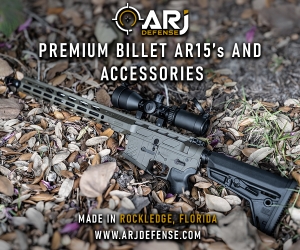I have been reloading pistol ammunition for a few years now, and I know I will never understand it all.
Something I noticed when loading .38 special the average PSI is approximately 15,000, with a maximum level of approximately 17,000.
Yet, .357 magnum PSI is between 29,000 to 39,000. I understand there is the difference in powder and case length causing the different pressures.
But if a pistol chambered in .357 magnum and is capable of handling the pressure. Is there a reason to not load .38 special to higher pressures.
Something I noticed when loading .38 special the average PSI is approximately 15,000, with a maximum level of approximately 17,000.
Yet, .357 magnum PSI is between 29,000 to 39,000. I understand there is the difference in powder and case length causing the different pressures.
But if a pistol chambered in .357 magnum and is capable of handling the pressure. Is there a reason to not load .38 special to higher pressures.





